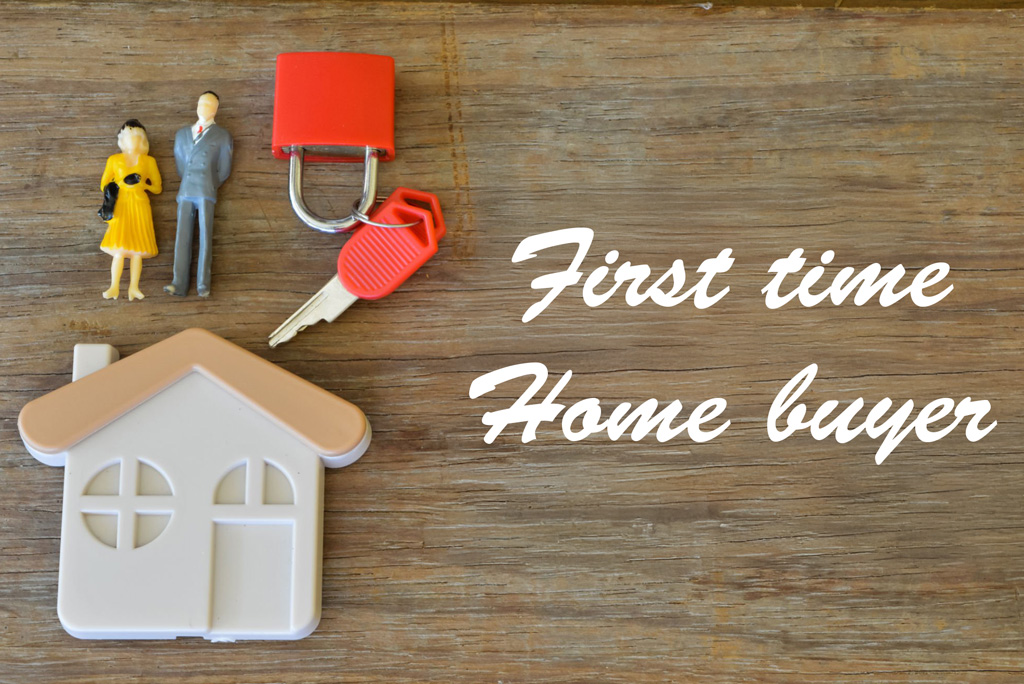Buying your first home is a thrilling milestone. It’s a journey filled with excitement as you envision each possibility for your new space. It’s that instant connection when a space feels like it was meant for you. But this adventure comes with challenges, too. Budget decisions, understanding the housing market, and the daunting steps that lead to signing a contract can all seem a bit intimidating at first.
Finding the right help can ease many of these worries. Leveraging the experience of a trusted home-buying company can simplify each step and offer insights you might not find on your own. Together, let’s explore ways to turn the complex process into an enjoyable and successful home-buying experience.
Assessing Your Financial Readiness
Assess your financial situation before diving into property listings. This step is important because it sets the stage for the experience you’ll have while searching for your dream home.
Start by examining your current budget. Here are things to consider:
- Income and Savings: Look at your monthly income and compare it with your fixed and variable expenses. It allows you to understand how much you can set aside for a mortgage while keeping your budget balanced.
- Down Payment: Review your finances to see what you’re prepared to contribute initially. The more you can put down upfront, the less stress you’ll have later with mortgage payments.
- Monthly Expenses: Account for ongoing costs such as utilities, maintenance, and potential homeowner association fees. These can sneak up on new homeowners, so it’s best to plan ahead.
After gaining clarity on your finances, consider starting the mortgage pre-approval process. This process helps the lender evaluate your finances and determine your borrowing capacity. Getting pre-approved helps you focus your home search within your budget and signals to sellers that you’re a committed buyer.
By taking these steps, you’ll build a solid foundation for your home-buying journey, arming yourself with knowledge and confidence to find the perfect place that fits your financial situation.
Researching Locations and Neighborhoods
Once you’ve got your finances in check, start focusing on the location. Picking the right area can make a big difference in how much you enjoy your home. Location matters—consider access to schools, employment hubs, and recreational areas. Is there a park nearby where you can unwind? What about grocery stores and healthcare services? These everyday essentials are a big deal.
Neighborhood amenities and community features also matter. A lively neighborhood with community events might suit those who enjoy social gatherings, while a quiet, residential area might be perfect for someone who prefers a peaceful lifestyle. Visit potential areas at different times of the day to get a good feel for the vibe.
Engaging with locals can also offer insights that you won’t find online. Hearing their experience can help you understand the everyday reality of living in the area, from its strengths to its quirks. Just think, a friendly chat might reveal that the local bakery makes the best cinnamon rolls in town or that traffic backs up on certain streets during rush hour.
Understanding the Home-Buying Process
Buying a home involves many steps but breaking them down can make the process feel more manageable. This easy-to-follow guide walks you through what to expect:
Start Your Search: Begin by exploring listings that fit your needs and budget. Real estate agents and online tools can both play a key role in your home search.
Find a Real Estate Agent: An agent acts as your guide, offering expertise and advice. Their guidance ensures you focus on homes that meet your criteria without exceeding your budget.
Make an Offer: Once you’ve found a potential home, your agent will help you make a competitive offer. This involves setting a price and possibly negotiating with the seller.
Conduct Inspections: Before committing, get the property checked out by professionals. Inspectors assess the property to uncover any underlying or less visible issues.
Secure Financing: Finalize your mortgage terms with your lender, ensuring you understand your loan’s conditions.
Close the Deal: Once the loan is approved, final paperwork is signed, and the property legally becomes yours. This stage includes a thorough review of terms to ensure everything is correct.
The process involves multiple players, from agents to inspectors. Don’t hesitate to lean on them for advice—it’s what they’re there for.
Working with a Home-Buying Company
Teaming up with a home-buying company can make this journey smoother. These companies offer a range of services to help simplify your buying experience. They provide market insights, helping you understand property values and forecast trends. Access to comprehensive property listings ensures you don’t miss out on any hidden gems.
From start to finish, a home-buying company offers support, potentially making what seems complex more manageable. They take on the legwork, enabling you to focus more on what truly matters—finding a home that feels just right.
Starting Your Homeownership Journey
You’re now equipped with the basics to embark on this life-changing adventure. The path to buying your first home involves planning, a bit of patience, and the courage to ask questions. Rely on a mix of research, professional advice, and your personal instincts to navigate through the process.
Allow this newfound knowledge to empower you to explore all that the market has to offer. With the right guidance and a clear understanding of the steps involved, you can stride into home ownership confidently. Remember, finding the right home is a process, and each stage brings you one step closer to your goal.
Prepared to move forward on your journey to homeownership? Let Realoq simplify the process.
Working with a reliable home-buying company gives you helpful advice and personalized support, bringing you closer to the right home for you.


